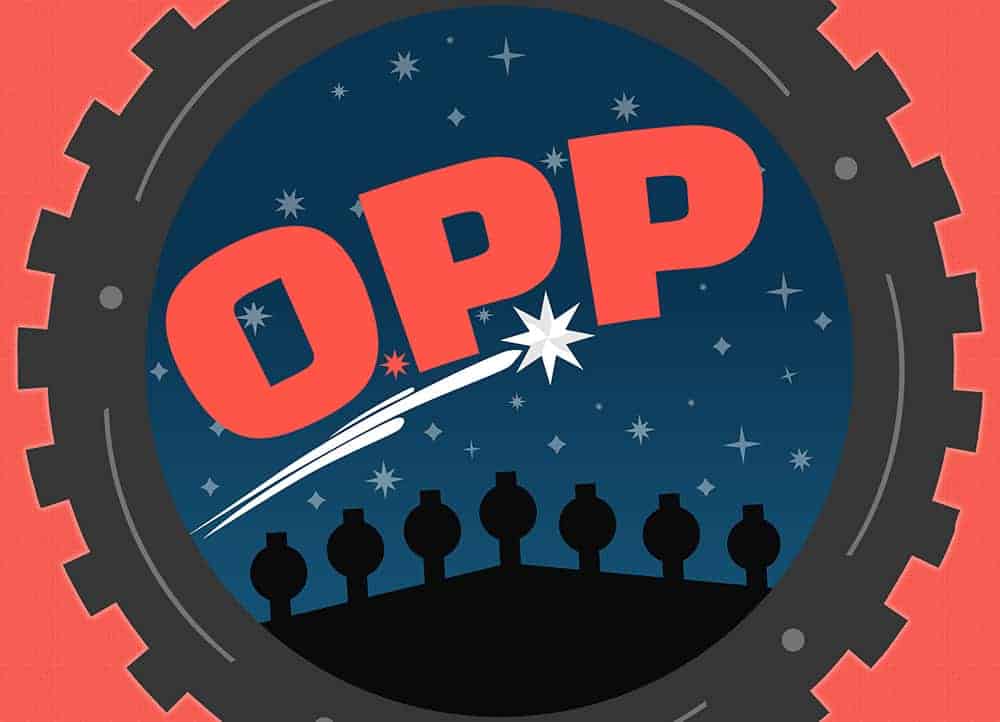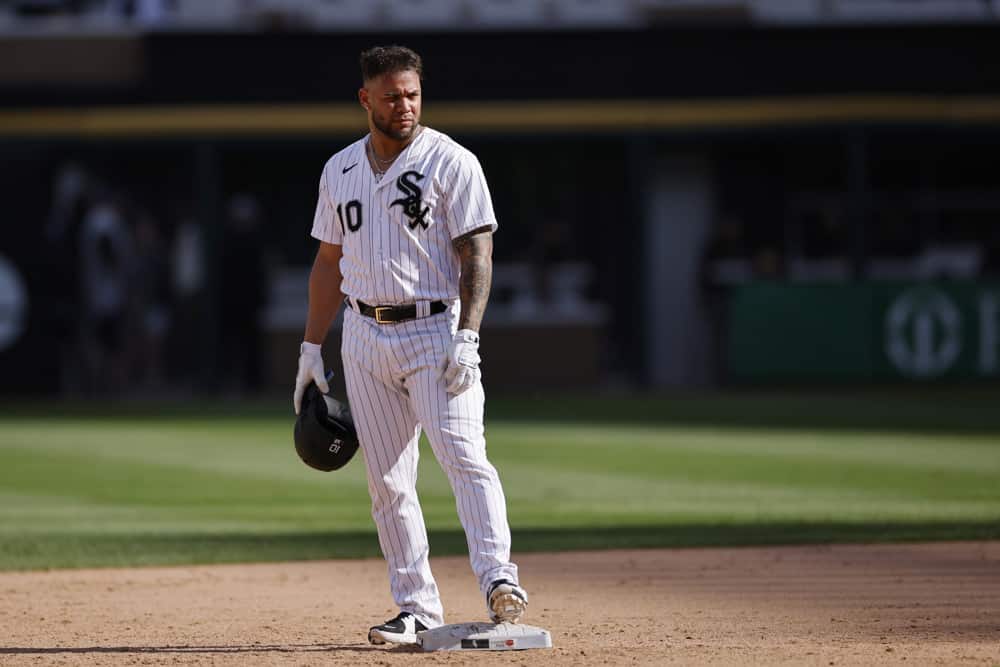Back on Nov. 12, Rick Hahn declined to delve into any specifics for any White Sox offseason plan, saying, "It's my experience that people aren't too interested in hearing about the labor; they want to see the baby."
On Dec. 12, after coming away from the Winter Meetings with a right fielder who might be mediocre and nothing else while many top free agents and Tier 3 starters flew off the board, Rick Hahn discussed the labor. Or maybe contractions. Or maybe what he thought were contractions, but turned out to be gas.
“We made progress on a handful of fronts,’’ Hahn said. “The pitching need is the one that’s most prominent right now. We’ve had productive conversations with agents and with other teams about potential trade fits, and we’ll just have to see how quickly we’re able to come to a meeting of the minds there.”
There's only so much Hahn can say during these barren times, and he probably feels like these media availabilities are a necessary evil because he gets criticized when he ducks them, so I'd prefer not to talk about his talking. By and large, he's either going to sound like he needs to call his pastor when he even thinks about signing a free agent whose aging curve might not perfectly align with the White Sox's purported window of contention, or he's going to continue to qualify his excitement until the life is drained from its eyes ("We are impatient about getting to that most rewarding stage of this rebuild when we are ready to win").
That said, I'm going to leave these out there for citing later. One suggests he's occupying a different reality:
“But I would hope after all this time that people understand our approach tends to err on the side of being aggressive."
Manny Machado, Bryce Harper, Eloy Jiménez, Luis Robert, Nick Madrigal and thousands of others beg to differ. Also, Hahn's defense of "the money will be spent" quote is a Lionel Hutz-grade bait-and-switch:
“The point of that comment was there’s other ways for us to allocate this money, and it’s going to be allocated toward player acquisitions,” Hahn said Wednesday. “You could argue some of it went to (Yasmani) Grandal, you could argue some of it went to the Eloy (Jiménez) extension or re-signing (José) Abreu or whatever we have coming down the pipe next."
"Some days I think you're never going to propose to me."
"Trust me, the money will be spent."
[18 months later]
"You think you're crying now, imagine if I didn't pay the water bill."
* * * * * * * * *
At least outsiders share our general assessment of the Nomar Mazara trade, in that the White Sox paid an acceptable price for an OK change-of-scenery candidate, even if he doesn't offer much in the way of the projectable improvement the club needs.
Over at FanGraphs, Eric Longenhagen said that while Mazara has disappointed lots of observers -- himself included -- he called it a "sensible, bird-in-the-hand trade for Rick Hahn and company."
Keith Law didn't really think much of either side of the trade, saying Mazara's approach ran its course in Texas, but Steele Walker has the makings of a tweener.
Speaking of Mazara's approach, Levi Weaver at The Athletic published a postmortem assessing the stagnation in Texas.
The assessment I got from sources in the Rangers org was that [Mazara] was very good at preparing for the day while lacking a bit on the preparation for the season.
To explain further, it’s one thing to prepare for a game when you get to the ballpark — to research the opposing starter, his arsenal and how to beat the opponent — and another altogether to prepare for a season. The former is reactive, and the latter is proactive. Some officials in the Rangers organization believed that while Mazara had good short-term foresight and was willing to take coaching in that way, he never truly bought into the organization’s vision for the long-term things that could make him better.
* * * * * * * * *
Speaking of postmortems in The Athletic, Eno Sarris talked to Matt Lisle about how his one-year run as the freshly minted hitting analytics instructor with the White Sox never got off the ground:
“We weren’t sure what my title was going to be,” said Matt Lisle, who was with the White Sox this past season and is currently coaching softball at Fresno State University. “First it was possibly director of hitting development. Then possibly assistant hitting coordinator, but somehow it got to be hitting analytics instructor. I know that we were trying to find a title that was more in line with the coordinator than above it.
“When spring training came, I gave a presentation to all the coaches on what I’d be doing, but it wasn’t communicated very clearly to them what my role was, and to be honest, the White Sox didn’t fully know what I was going to do. My role changed several times throughout the season as we tried to find the best fit. I think the challenge in Chicago was a difficult one, in trying to find a way to balance and slowly introduce ‘new school’ hitting techniques that included things like the use of K-Vest and implementing changes to hitting swings with focuses on things like exit velocity and attack angle into a veteran coaching staff and organization that may not have been ready for it.”
When I called the White Sox baseball's BlackBerry, this is what I was getting at. A fabled organization like the Yankees can retool its entire organizational coaching structure while winning because the future demands it, while the White Sox just can't get on top of the structural challenges and technological shortcomings that all the accessories, firmware upgrades and rebrandings in the world won't fix. At least the Twins staff got raided by other teams, so both failure and success means having to hire twice.





